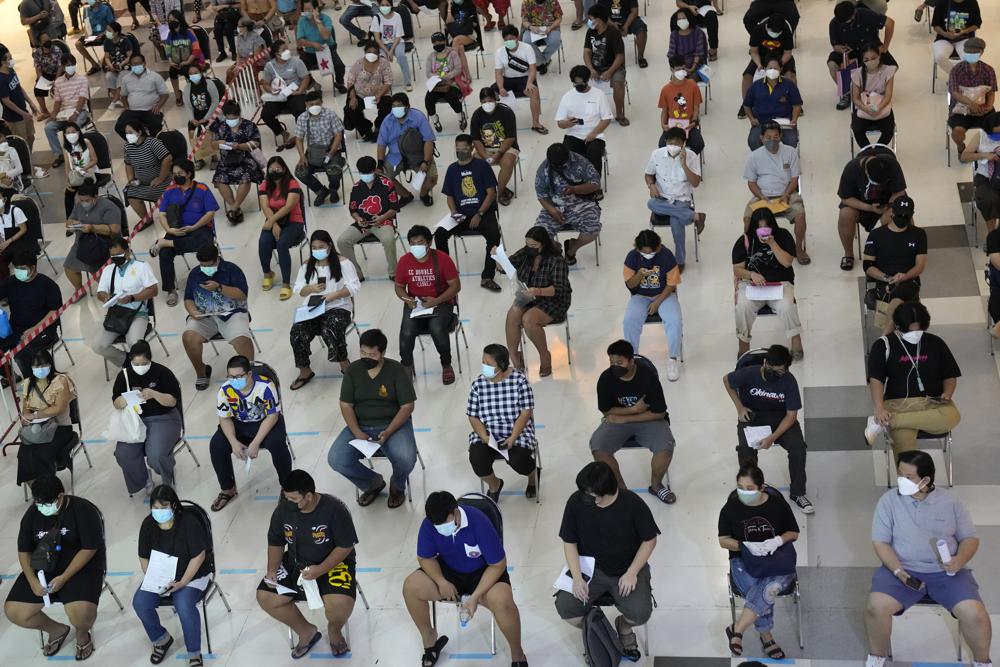Christmas zeal returns to NE India after 2 yrs of Covid restrictions
Important installations, churches, shops, parks, graveyards and the houses were lit up with colourful lights, flowers and Christians motifs.
State premier Gladys Berejiklian says the slight easing of restrictions is coming because the state reached 6 million vaccine doses in a population of 8.2 million.

Authorities in Australia’s New South Wales state say they will ease pandemic restrictions for vaccinated adults next month even as they are reporting a record 1,029 coronavirus infections and three deaths from COVID-19.
The record reported Thursday surpassed the previous high for a 24-hour period of 919 infections just a day earlier.
State premier Gladys Berejiklian says the slight easing of restrictions is coming because the state reached 6 million vaccine doses in a population of 8.2 million.
Advertisement
The lockdown in regional NSW has also been extended until September 10, with western NSW the area of most concern. Ms. Berejiklian has also revealed a number of small changes to restrictions. Ms. Berejiklian confirmed a slight easing of restrictions for the Sydney LGA of concerns.
Beginning Sept. 13, families in the highest-risk parts of Sydney will be allowed to leave their homes for an hour of recreation as long as any adults are fully vaccinated. The recreation hour is in addition to the hour people are already allowed out to exercise.
Elsewhere in the state, groups of five will be allowed to congregate as long as all adults are fully vaccinated.
Advertisement